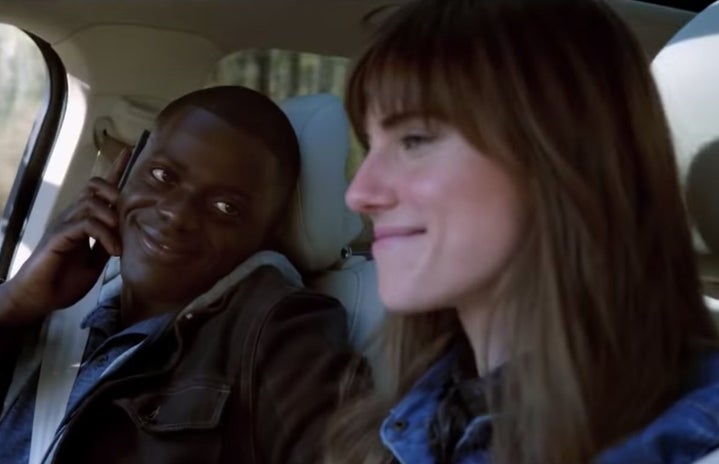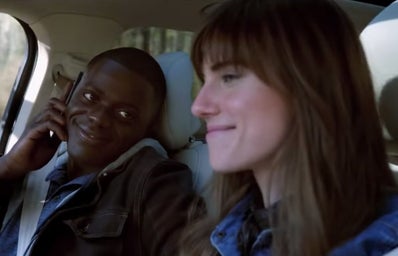It’s easy to enter the Halloween season with very happy thoughts. In fact, there are many great things about Halloween that you should be happy about! There are cute family-fun activities to do, movies to watch, and candy to eat… what’s not fun about all that? But given how fun this time of the year is, I thought it important to shed some light on some of the not-so-fun things about Halloween, specifically horror movies. Don’t get me wrong, I love a good horror movie. I love the adrenaline rush from watching them, I love watching them with friends who cover their eyes the whole time, and I love the creativity harnessed to produce them. However, what a lot of people don’t realize is that horror movies have been historically racist — and I think it’s best to talk about it. So, join me on a little educational journey about when this started and what some creators are doing about it.
I’d like to start this conversation by talking about Harry M. Benshoff’s paper, “Blaxpoitation Horror Films: Generic Reappropriation or Reinscription?” In this piece, Benshoff gives us the groundwork for racism in horror movies, which I find to be quite interesting. In the beginning of the piece, Benshoff says that one of the reasons horror movies are set up to be racist is because they deal with this concept of “the Other.” He says that most films feed off of the fear that people have of “the Other — an Otherness both drawn from and constitutive of any given era’s cultural history” (31). Benshoff further explains this point by saying the heroes of the film or the normal people are typically depicted as white and middle class. He then says that the “Other” is usually depicted as “monstrous” and holding a marginalized identity, specifically Blackness or Queerness. Therefore, Benshoff calls most horror films “Other-phobic” because of this typical trope. In this description, Benshoff breaks down this concept of racism in horror films and shows exactly why and how it happens. I find it insane that the entire backbone of a horror movie is almost contingent on racism or some kind of marginalization.
Let’s look at the pop culture side of things. In Avery Alexander’s article, “Modern Films subvert stereotypes of Black characters in horror,” she talks about how in many horror films, if there are any Black characters, they die.*Ahead there are some spoilers about who dies in some horror movies, so if you don’t want to know, don’t read* For example, Alexander talks about how Private Frost from the Aliens movie, Roy Hanson from Gremlins, and “an unnamed Black man in American Psycho are all Black and all die in their respective movies, supporting this trope. I also noticed that in The Quiet Place II there is one Black man, I believe, but he dies after having about 5 minutes of screen time.
After touching on some of the many issues she sees in horror movies, Alexander switches the conversation to some improvement in the industry. He mentions a few movies that accomplish this: Get Out, Us, and Black Box, which all combat the racism that has been previously observed in recent horror movies. Jordan Peele, the creator of both Get Out and Us, is one artist who has really fought back with his movies. Both Get Out and Us change the narrative with Black main characters and heroes. In Get Out, Peele features a white enemy, switching the roles for once and allowing the story to parallel real life. Through these pieces, Peele gives Black and other marginalized communities hope.


